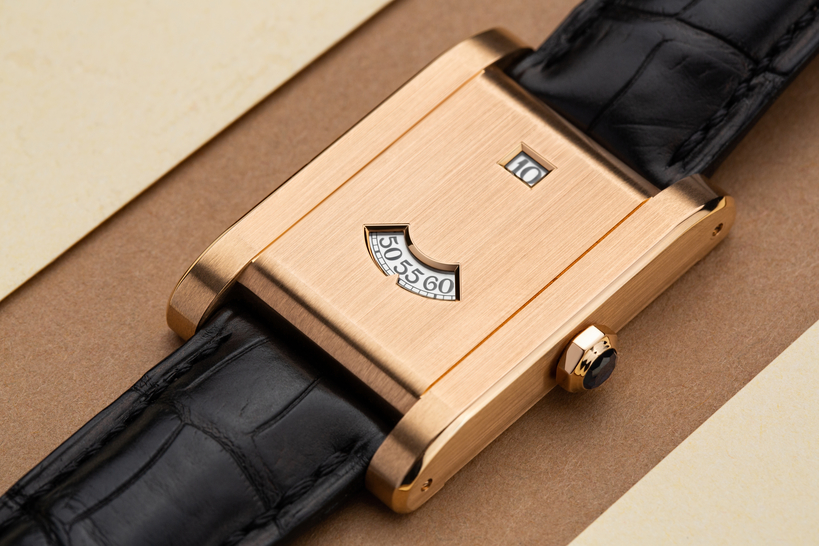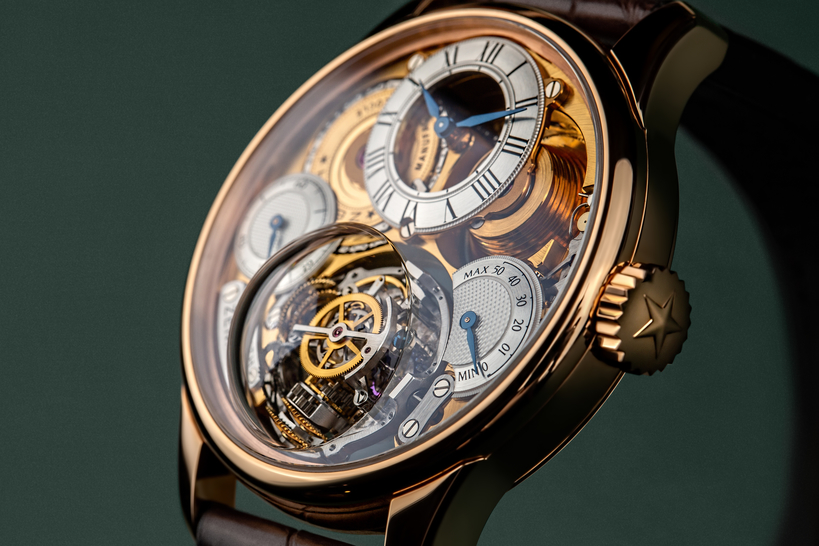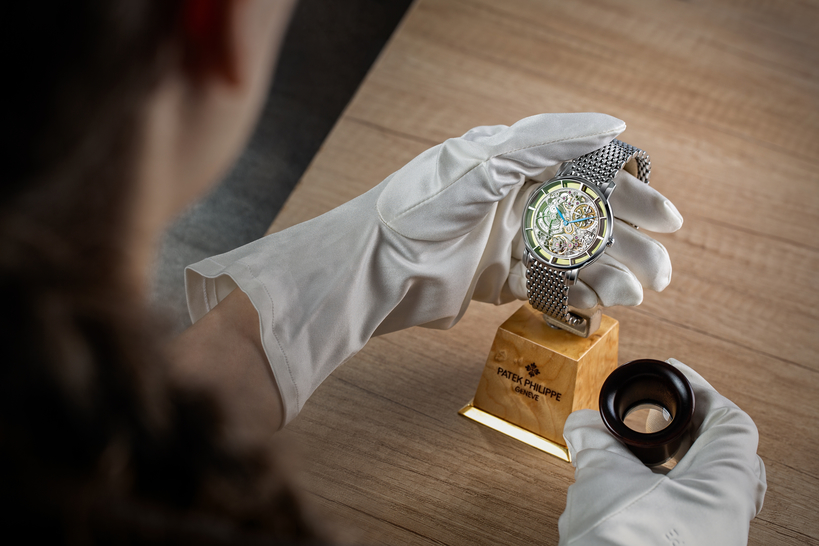LVMH chairman and CEO buys shares in Richemont. What's next?
LVMH — the world's absolute leader in the luxury goods market — is continuing to pursue growth plans. And it seems they've left no stone unturned, exploring every sphere with a luxury connection. The number of brands in the group's portfolio has grown significantly in the last six months alone.
At the end of last year, LVMH bought the Los Angeles-based eyewear brand Barton Perreira. They sealed a deal to acquire the Parisian restaurant Chez l’Ami Louis in June this year.
Then the market leader immediately announced the acquisition of the L’Epée 1839 clock manufacture — the people behind the movements housed in interior creations by MB&F, including robots, dinosaurs, and spiders.
And a few days later, shares in one of LVMH's main competitors shot up. This was preceded by LVMH's acquisition of Tiffany & Co., which was met with a real uproar. According to Bloomberg, Bernard Arnault's purchase of a stake in rival group Richemont, albeit a small stake, was behind this.
The exact size of Arnault's stake and sum he invested haven't been disclosed, and Richemont haven't commented either. Interestingly, the purchase of the stake renews speculation that began in February about LVMH considering a takeover of Richemont.
Back then, journalists weighing up the likelihood of such an acquisition cited the brand Cartier as Arnault's main goal. Jewelry brands really are growing faster than watch brands, but LVMH isn't turning away from timepieces either.
After buying a stake in Richemont and acquiring L’Epée 1839 (a company with narrow niche interests in modern interior clock models and the revival of carriage clocks), watch journalists have been left asking the same question: is LVMH's appetite insatiable? Will they turn their attention to Swatch Group next, and cement their watch market dominance once and for all?






